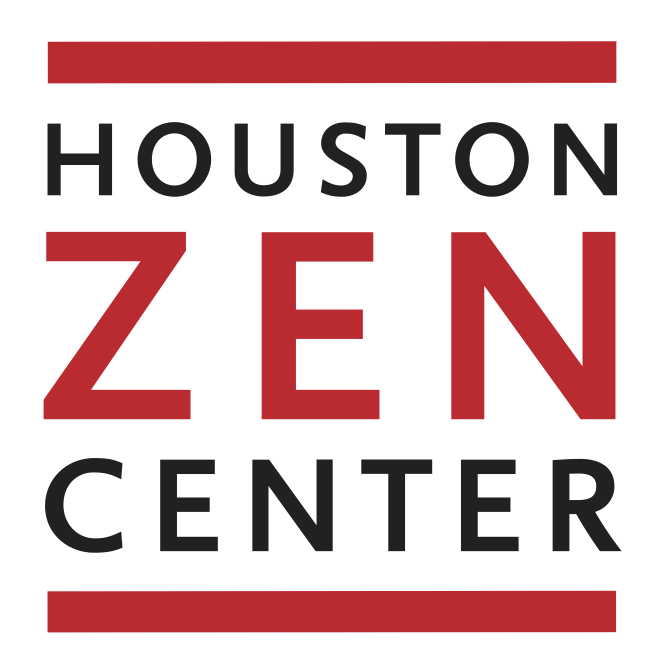Ethical Guidelines and Procedures
The written policy that explicitly describes the members' commitment to practice together in alignment with Buddhist precepts is based in the sixteen Bodhisattva precepts. The policy includes procedures for addressing and resolving questions of conduct of the leaders and members should they arise. The revised document was adopted by the Board of Directors and implemented in 2014.
Preface to Houston Zen Center’s Ethical Guidelines and Procedures
In the practice of the Way, as taught in Zen Buddhism, ethical upright behavior is an essential component of full realization. Wisdom and Compassion combine dynamically to inform the outward manifestation of practice. Guidelines for behavior are expressed in the Sixteen Bodhisattva Precepts that form the basis of our life together as a Sangha. This document is intended to provide specific guidance in studying the Precepts and in resolving Sangha issues and conflicts should they arise. Abbot Setsuan Konjin Gaelyn Godwin
The Buddhist Precepts: Introduction
The sixteen precepts are so intimate a part of Zen practice that they have been called the “blood vein” of the ancestral lineage. The precepts can be understood on many levels: as supports for the practice of awakening, as the environment for that practice, and as the expression of awakening itself. Although the precepts can be understood from different points of view – for example, that we can ever fully live up to the precepts or that we are already whole and complete just as we are – we do not believe that Zen practice can exist in their absence.
We offer four observations on the following text. First, while the precepts have stood the tests of many generations, the way they are explained and practiced may evolve. As Directors and Practice Leaders of the Zen Center at a specific moment in time, we realize that our interpretations are subject to change. Second, these interpretations are not intended to limit anyone’s understanding or to be a definitive reading of the precepts. Third, this document does not attempt to cover any questions of personal conduct that do not have a direct bearing on the Zen Center community. And fourth, these principles are not intended to supersede specific Zen Center guidelines, but to complement and support them. Please open the link for the full document, or refer to one of the documents available at the Center, or contact Board President, Carter White.
The policy is available at the Center or can be accessed here: Houston Zen Center Ethical Guidelines and Procedures. Further questions can be addressed to the Board President.
